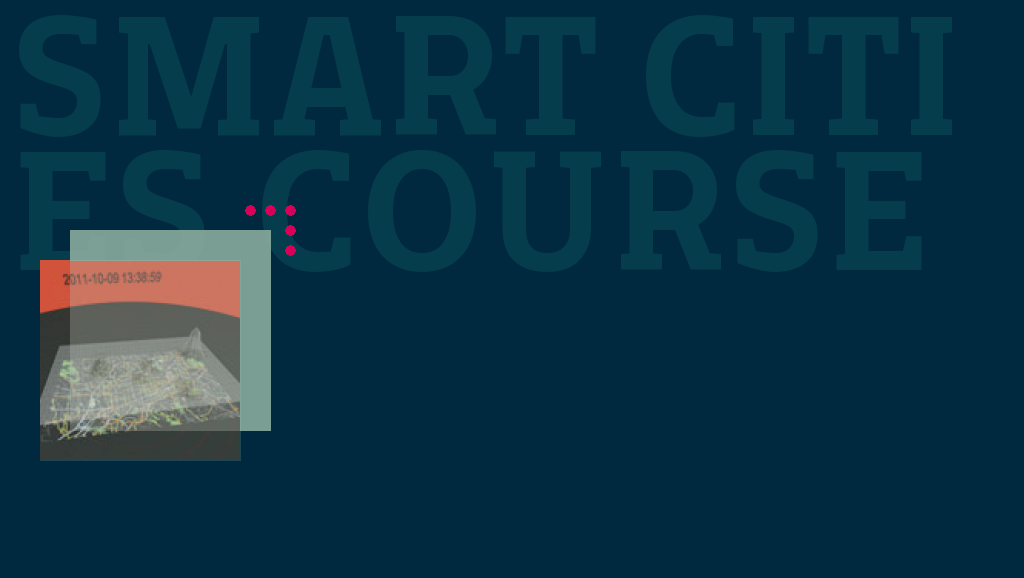Harvard Graduate school of Design offers a course entitled Smart Cities: An introduction to urban Integrated Networked Solutions and may well be one of the leading exponents of responsible innovation through design. The course is taught by Nashid Nabian, and has produced some extremely interesting uses for technology. As the name suggests the focus is upon innovation within the urban environment with the aim of improving life in the city for its inhabitants.
Many of last year’s completed projects and case studies are available online through the course website, and the ideas offer plenty of food for thought. Described as “urban cybernetics”, many of the projects use sensors or cameras for data collection that may for example be used to improve the flow of traffic or better understand how pedestrians or cyclists use the roads, but one particularly interesting project is based in the City of Cambridge where I currently reside and involves (amongst other things) trash.
The project was presented by Carolina Soto within the Real-time Cities course in Fall 2011 as part of the Responsive Environments and Artifacts Lab (Information+Interaction+Infrastructure) and is entitled The Listening City. The idea involves the use of QR codes that can be scanned using a smartphone. The codes are attached to street furniture, dustbins and all types of functional objects for the running of the city. Once scanned, the user is lead to a website where they complete a questionnaire related to the functionality of the object (in the case of a dustbin if it is full or empty etc, or for a pedestrian crossing light if it works or not).
As the position of each code is known the problem can then be signaled on an interactive map, with the data centrally collected so that it can be analyzed and patterns discovered that may help in improving services.
A fuller explanation is available here including slides from the project’s final presentation.
The exchange is part of a Bilateral Agreement between Bergamo University and the Harvard Graduate School of Design and is coordinated by Bergamo professors Michele Meoli (Engineering) and Cristina Grasseni, Foundation collaborator and currently a Visiting Scholar at the Anthropology Department at the University of Harvard.
An extremely interesting course that generates a lot of great ideas, well worthy of further investigation.
————————-
(image: “VersuS: love vs turin, visualizing the realtime lives of cities” by xdxd_vs_xdxd from Flickr)
















